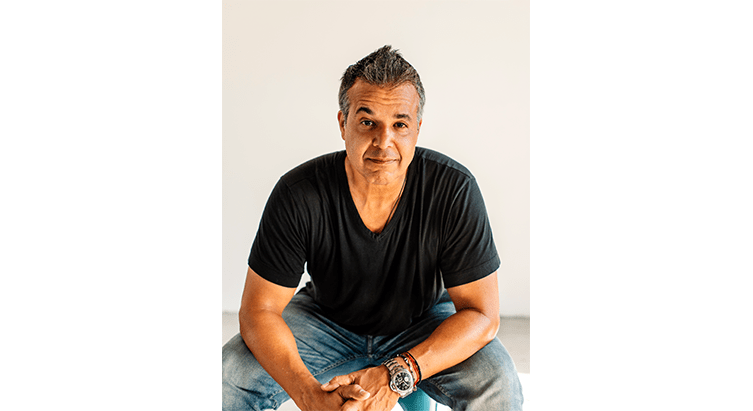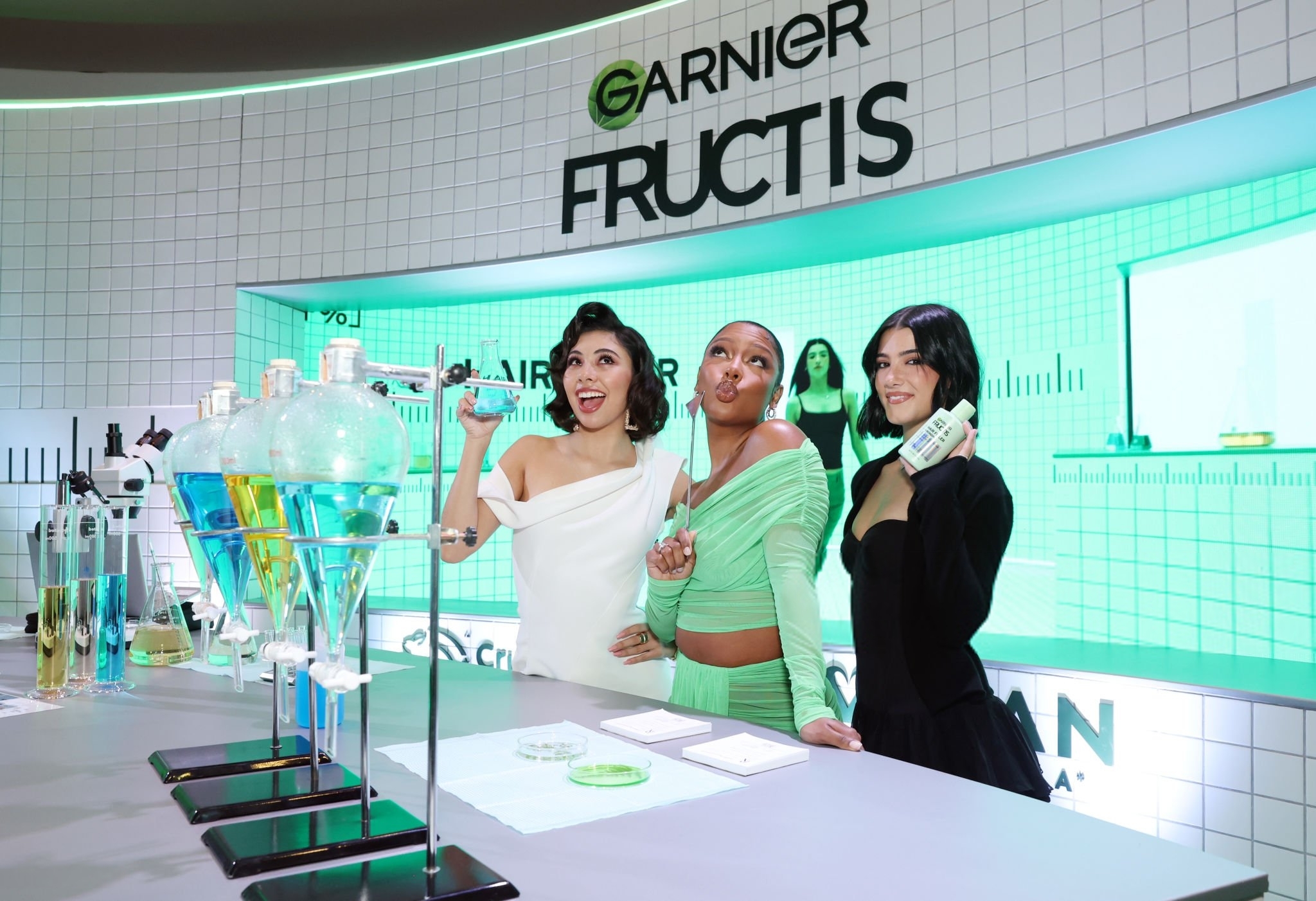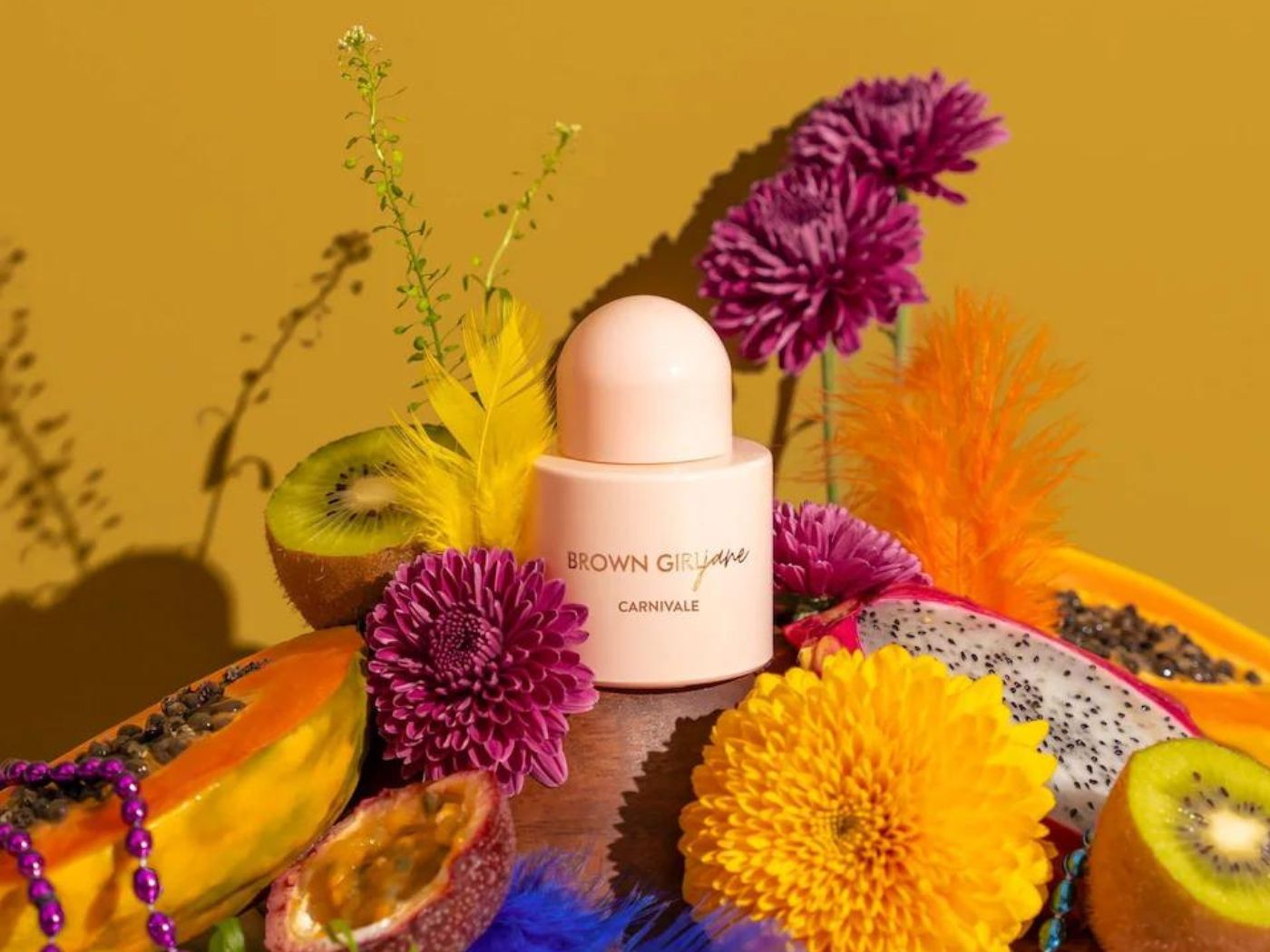Daniel Hodgdon has made it his mission to capture the hair restoration market with Vegamour, his brand that offers formulas designed with safety, advanced technology and sustainability in mind. Just six months after its launch, the direct-to-consumer indie brand grew to $6 million in sales and built a loyal consumer base. To date, the company has amassed $10 million in sales and is expecting healthy double-digit growth by the end of this year. Here, Daniel shares how he utilized social media to grow the business; strategies that helped convert one-time purchasers to subscribers; and future plans for the brand.
Company Name: Vegamour
Founder Name: Daniel Hodgdon
Launch Date: 2017
Point of difference: Vegamour products are 100% vegan, plant-based topical solutions that are safe but clinically proven to produce measurable results. Products pair science and natural, plant-based actives together for maximum hair wellness without synthetic hormones or harmful side-effects. The company looks to make hair thinning a natural thing to talk about.
Distribution: The brand is intentionally kept DTC, available on vegamour.com and Amazon, to ensure maximum brand control and margins. Customer feedback has been instrumental in driving customer experience on everything from FAQs to formulations, packaging and new products. “We couldn’t get that kind of interaction with a brick and mortar store,” Daniel said.
Sales Model: “Growing our subscriber base is where we are focusing all of our energy. We learned very early on how to obtain one-time customers through paid social media. In the beginning, we thought we could simply convert those single purchase customers to subscribers by offering them compelling incentives to become subscribers once they tried the product. This turned out to be a challenge. Customers are not open to changing their minds about how they purchase product once they’ve made that initial purchasing decision. There are quite a few psychological studies that support this. So, the ideal solution is to create a subscription relationship when the customer is first introduced to the brand. In 2018 we worked on completely new subscription-focused marketing campaigns and funnels,” Daniel said.
Customer Retention: In parallel with acquiring subscriptions on the front end, Daniel spent most of 2018 learning how to get good at retention. Today, the company has retention rates upwards of 80% on hero SKUs.
Sustainability: “Wherever possible, we responsibly source our ingredients from sustainable, organic producers. We established our own Fair-Trade partnership with over 5,000 formerly disenfranchised women in northern Namibia Africa,” he said.
Marketing/communications: The company predominantly uses paid social for advertising communications. Additionally, Daniel leverages its website, online advertising and direct one-to-one engagement to educate consumers.
Collection: There are eight items with eight new products set for this year.
Investors: Up to this point, the company has been able to lean into friends and family as investors. It has benefits but also challenges; one being that it’s hard to grow as fast as the firm would like.
Future Plans: By mid-year, the firm will introduce new delivery systems for formulas. Once the brand is better built out, it will consider moving into brick and mortar retail.
Best Lesson Learned: Short cuts make long delays.




